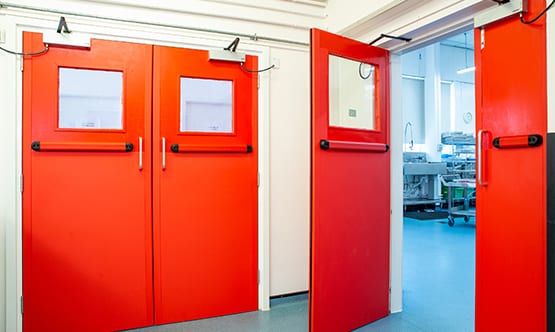About 60% of the PVC manufactured has a service life of between 15 and 100 years.
A major revision of the BRE Green Guide was undertaken in 2008 which led to a wide range of PVC products being awarded A and A+ ratings over and above traditional materials such as timber, thus supporting the fact that PVC is a sustainable product. Products with these ratings include window frames, cladding, flooring and roofing.
PVC has a relatively low carbon footprint when compared to other thermoplastics. To put this into context it is equivalent in weight to 1Kg of frosted cornflakes – both at 1.9Kg Co2.
Recycled PVC has an even lower carbon footprint with the production of 1Kg resulting in the equivalent of 0.3kg CO2.
Some other examples are:
- 1Kg Lamb = 14 Kg Co2
- 1Kg Cheese = 11Kg Co2
Recyclable
PVC is a material well suited to recycling and has the longest history of recycling amongst plastics without losing any of its performance properties. PVC can be recycled up to 7 times over a 200-year life span. As a thermoplastic it can be melted down and converted into new products.
All surplus Yeoman Shield rigid PVC waste is granulated and sold on to third parties for use in the manufacture of products such as traffic cones and coat hangers. Start-up scrap and contaminated scrap is taken for reprocessing to be used in the construction industry e.g. roadways.
Yeoman Shield only selects PVC compounds that have a low environmental footprint and meet the European Chemical Regulations know as REACH (Registration, Evaluation, Authorisation, and restriction of Chemicals). EC 1907-2006.
All Yeoman Shield raw materials used in the manufacture of wall protection are responsibly sourced from suppliers who are either ISO 14001 accredited or in the process of being accredited.

